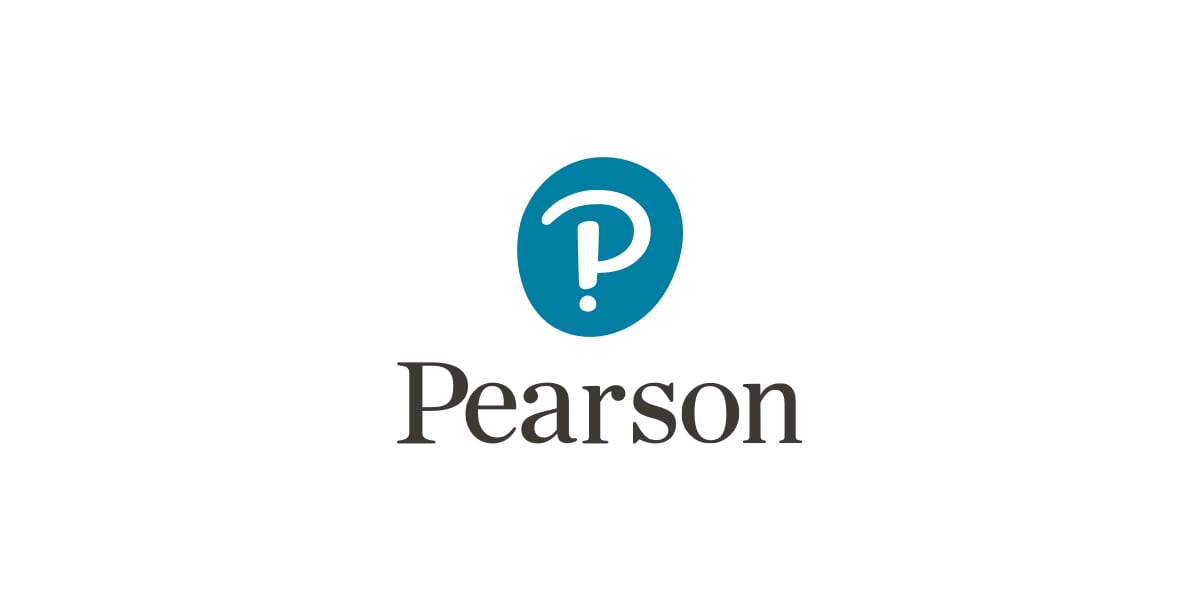A quick and easy way to screen for autism spectrum disordersPearson Clinical distributes but does not publish this product.
Social Communication Questionnaire
SCQ
A quick and easy way to screen for autism spectrum disordersPearson Clinical distributes but does not publish this product.Choose from our formats
Test forms & reports
Booklets, record forms, answer sheets, report usages & subscriptions
2 options